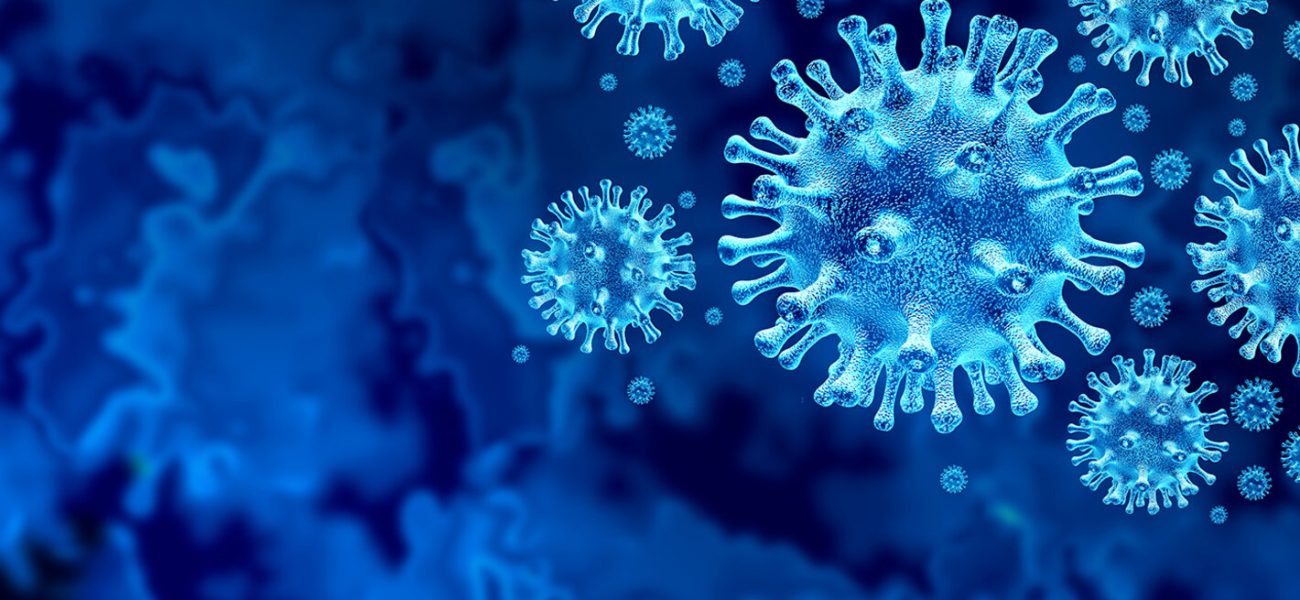The breakthrough in the development of a COVID-19 vaccine by the pharmaceutical company, Pfizer in collaboration with BioNTech has been welcome. Incidences of coronavirus infections have continued to soar across the world with consequent impact on economic, political and social activities. Several countries are currently faced with a second wave of infections, with new lockdown measures being introduced. Nigeria may also be caught in the second wave crisis with the Nigeria Centre for Disease Control (NCDC) recording several hundreds of new cases last week. 796 of these cases were recorded on one day, December 12. With 201 new cases recorded on Monday, December 14, there is now a total of 73,374 cases in the country.
With testing still very limited in the country, there is fear that a second wave of coronavirus infections may be real in Nigeria and that citizens may have let their guards down, leading to fears of a possible crisis of infections.
Nigeria is also joining other countries to seek access and procure COVID-19 vaccines.
To this end, the Senate directed its committees on Health and Primary Health Care to summon the Health Minister, Dr. Osagie Ehanire, Chairman of the Presidential Taskforce on COVID-19 and Secretary to the Government of the Federation, Boss Mustapha; Director General of the NCDC, Chikwe Ihekweazu and the heads of other relevant government ministries and agencies, to present detailed plans for the funding, procurement, administration and monitoring of the COVID-19 vaccine in Nigeria. The Senate also resolved to urge the Federal Government to provide adequate funds for the procurement and administration of the vaccine to Nigerians.
The process and timeline for procuring the vaccine are not known at this time. However, what is clear is that COVID-19 is very much present and has not abated. This, therefore underscores the need for citizens and institutions to work on improving compliance with relevant health protocols.

